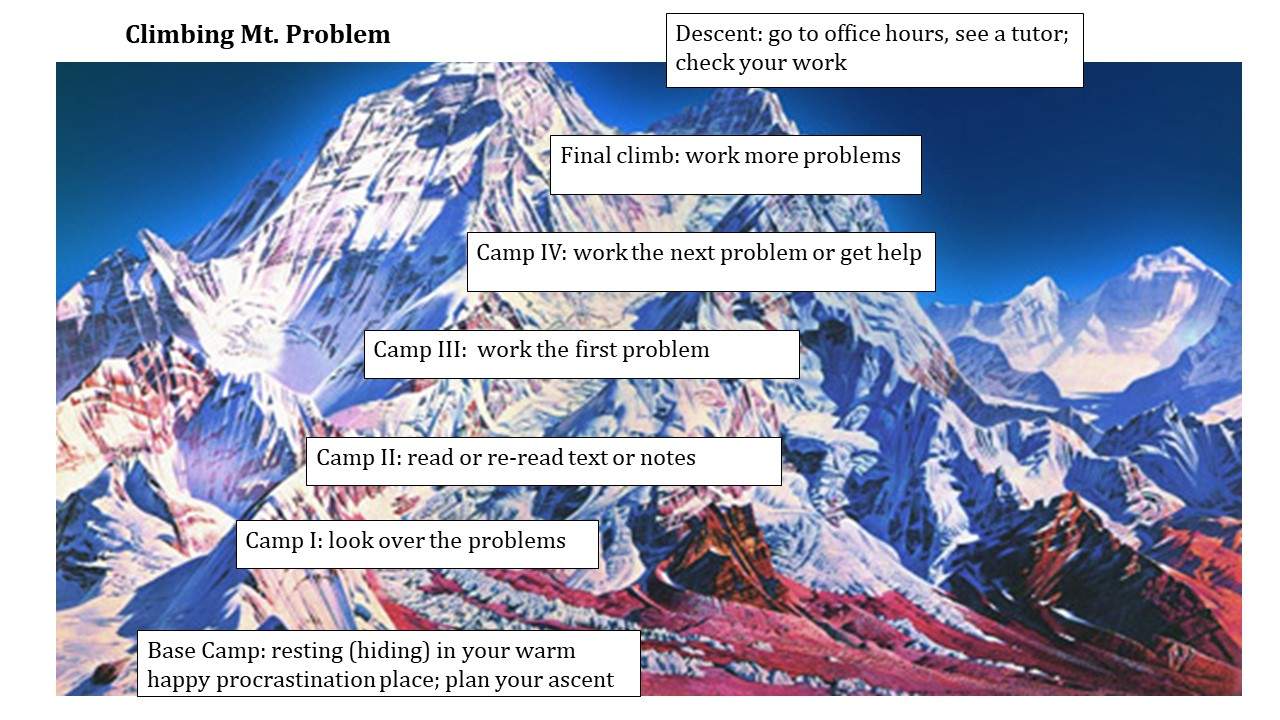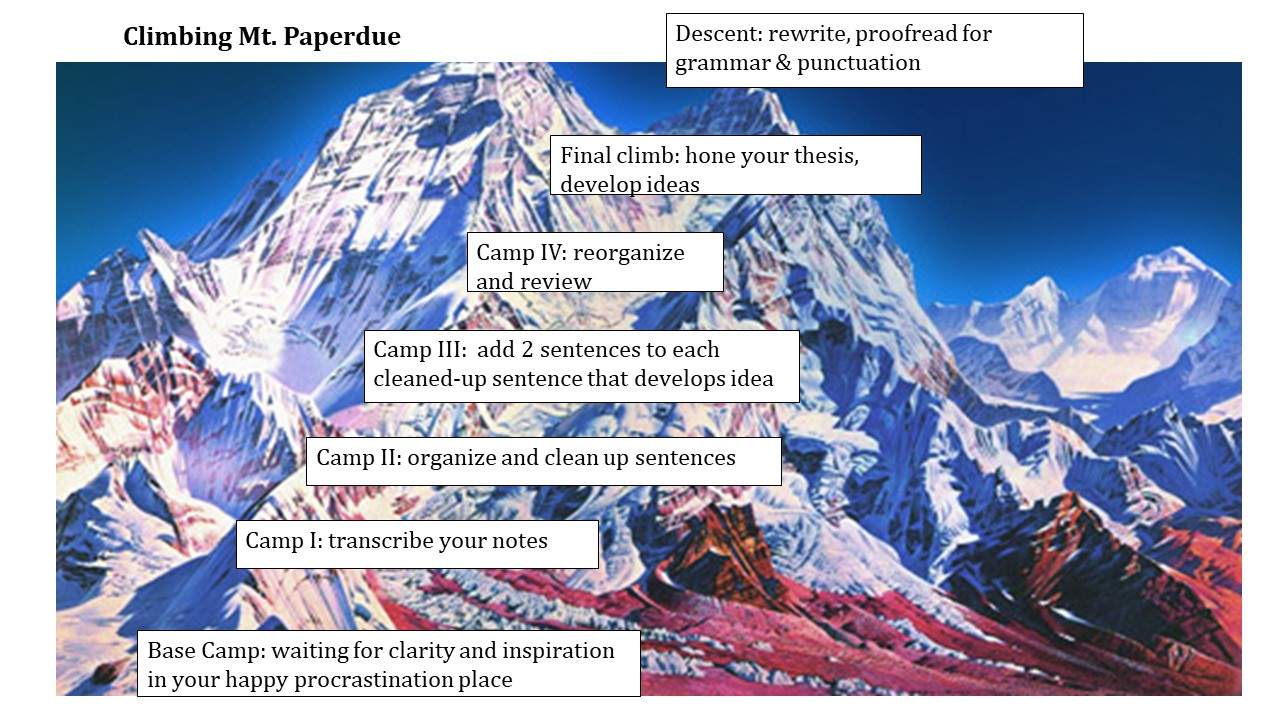Did you put the “Pro” in Procrastination?
Have you lined up lots of excuses about how things will get done in the magical land of later?
Do these 5 W’s sound familiar?
- Who procrastinates? Um, well, everyone at some point…
- What are you procrastinating? Studying, laundry, reading, writing, tedium, applications, scary stuff…
- Where do you go to procrastinate? Your dorm room, Facebook, Snapchat, Wikipedia, Google news, text messages, talking on the phone, repeatedly checking and answering emails…
- When do you procrastinate? Starting, continuing, finishing, getting stuck, feeling imperfect, just about any time something is in some way…
- Why do you procrastinate? Lack of interest, lack of connection to what matters, when the end is not in sight, the feeling of being “stuck” and not knowing an answer, perfectionism, attempting to multi-task, thinking things will get done when you “feel more capable”…
So how do you combat it?
Good Location: Where do you focus best? While some people can study in their dorms, most admit it isn’t the best place to concentrate. Be honest about which environment is conducive to your best learning.
Limit Distraction: Eliminate virtual distractions. Don’t just put your phone on silent; put it in your backpack. Just seeing notifications will take up valuable brain space. Disconnect your texts from your computer so messages aren’t constantly interrupting your flow. Close windows to any website that would pull you away. Consider using apps like selfcontrolapp.com to block distracting websites for a certain amount of time.
Timing: Plan out when you’re going to do classwork and put it on your calendar. Be realistic about how long tasks will take instead of how long you think they should take. Plan breaks that bring rewards during your study sessions.
Motivation: A lot of people say, “I’ll do that task when I feel ready.” The truth is you need to start before you feel ready or it won’t get done. Many times, motivation stems from the action – not the other way around.
Mindset: Best is the enemy of the good: Voltaire said it first. Instead of worrying about whether something will be the best, do your best. Learning is iterative and layered. You can’t improve without starting the process.
Divide and Conquer: If the work feels overwhelming, break it up into tiny, manageable steps and set deadlines for yourself. Create small goals and give yourself props when you achieve them.
adapted from academicskills.stanford.edu


